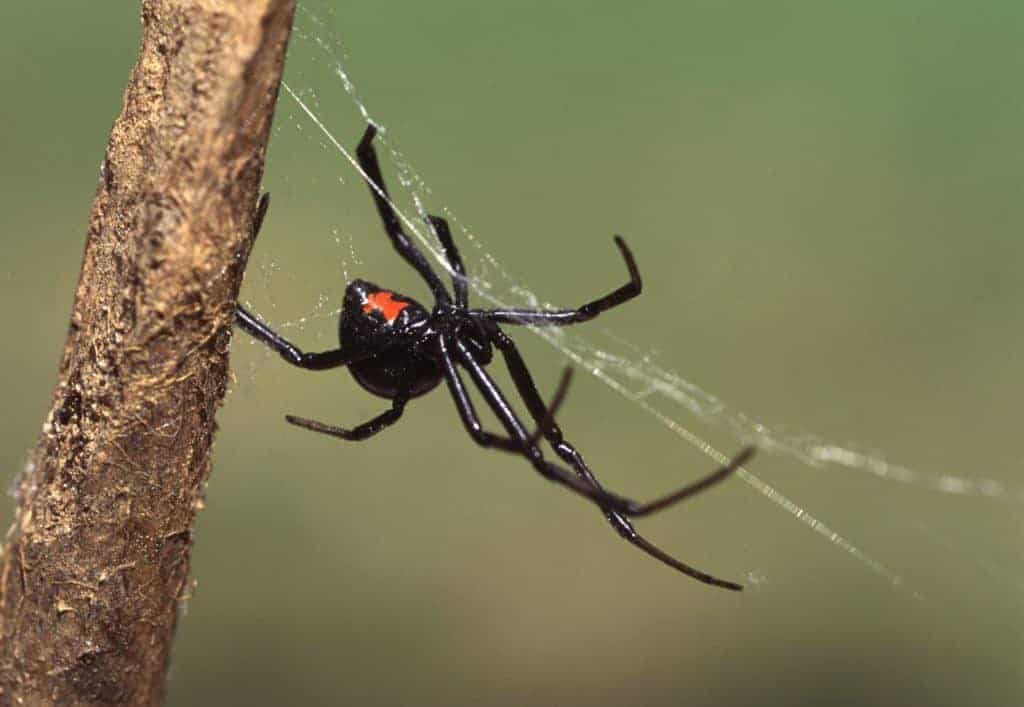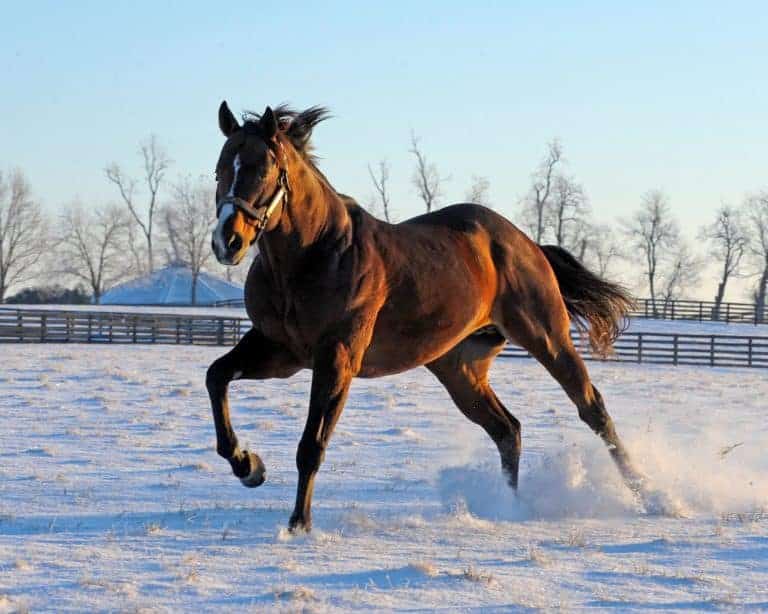Herpesvirus Breakthrough
Preliminary research on equine herpesvirus type 1 (EHV-1) from Cornell University indicates that the commercial vaccine containing modified live virus (Rhinomune) appears to be more effective in preventing infection than killed
















